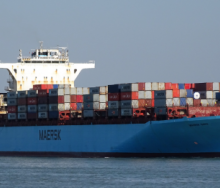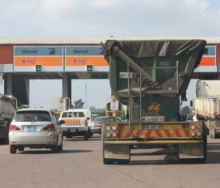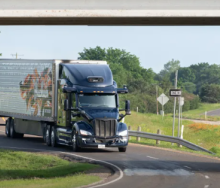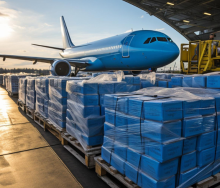Rollout of internet connectivity across Africa is supporting the digitisation of the management of logistics chains and corridors.
According to Statista, around four out of 10 people in Africa are connected, with the number of internet users on the continent expected to reach 565 million by the end of 2022.
More than 60% of the continent is covered by 4G mobile phone networks.
This connectivity is supporting the growth of e-commerce across Africa.
E-commerce is a known driver of the digitisation of logistics chains.
The US department of commerce estimates that there will be more than half a billion e-commerce users by 2025.
StockApps.com estimates the market will be worth $46.1 billion.
“The logic of growth in this area is pretty much based on technology jumps that do occur within Africa because of historically missing economic infrastructure, such as banks, telecom landlines, etc,” the department states on its website.
Every 10% increase in mobile internet penetration in Africa could generate a 2.5% increase in gross domestic product, according to the World Bank.
Logistics companies have embraced the opportunities created by the connectivity.
A Briter Bridges survey of logistics tech companies across the continent identified three trends – the digitisation of logistics, rising demand for B2B logistics companies, and closing the urban-rural divide.
Being connected through ever-higher speeds allows logistics companies to overcome skills shortages by making greater use of artificial intelligence (AI).
McKinsey predicts that almost a third of the value to be created by AI in the next 20 years will result from applying the technology to supply chains.
Goldman Sachs estimates that AI-powered robotics, automation, process optimisation, and data analytics can reduce costs by 5%.
TechInsight360 predicts that the spend by the South African logistics industry on AI will reach $187m by 2025.













